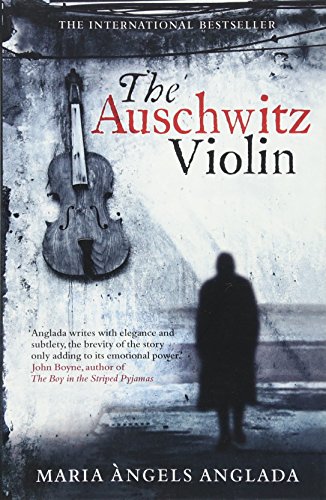
This novella is not so much a tale of the holocaust but more a testament to the strength of the human spirit. It is too slim to flesh out the characters or provide depth to the background detail, but nonetheless the power of the storytelling should not be underestimated, with the brutality of Auschwitz balanced by a poignant musical tale. Using simple prose, the inclusion of real-life extracts from Nazi documents is an effective tool.